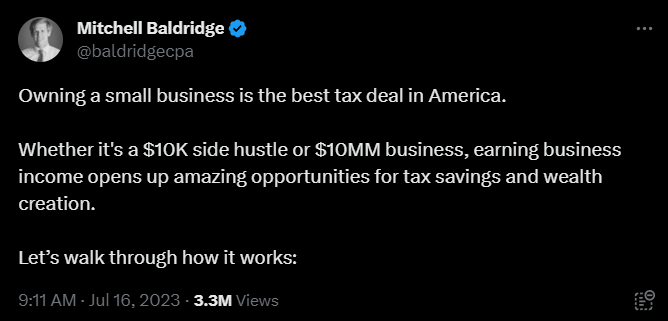M&Ms: Whose Around You?
I was on pins and needles while they vetted me.
My wife and I dated for close to a year before we fell in love, and I was sure I wanted to marry her.
But in my culture, you need approval to marry someone. You need their family's blessing. This is common in many cultures. The groom usually asks the father for their daughter's hand in marriage. In the U.S., for many of my friends, this is more of a formality from an old-symbolic tradition than a hard requirement.
But my wife and I were not born in the U.S. We are immigrants brought here pretty young with old-school parents. And if we didn't want to be disowned, we needed approval.
Approval in my culture involves a phase of the bride-to-be's family asking around about the groom's family and friends. Right or wrong, the culture believes that if the groom's father wasn't a good guy, the groom might not be a good guy either. Or if the grandfather wasn't a good guy, then none of them might be any good. Or if the groom had some friend in jail somewhere, then that's a good reason to withhold the blessing.
You can see how this gets tricky. If a close relative of mine, or friend of mine, who I don't control, had done someone harm or some wrong, then I might be denied a blessing to marry the woman I love.
The "due diligence" took some time. It usually does because they need to find people they trust that know the people they are asking about well. Part of this is similar to corporations' due diligence on important hires. They ask around. One bad statement from a back channel they trust, and the offer is off the table.
But at the time, I felt this process was deeply unfair. And crazy backward. After all, I thought, "What do my family members' or my friend's actions have to do with me?"
But it turns out that the people around us shape us far more than we'd like to admit. And maybe this old tradition of asking about those close to the groom wasn't as crazy as it seemed. In fact, the people around us shape us so much that we have an old proverb for this "Show me your friends, and I'll show you your future."
And nothing illustrates how those around us shape us more than drug addiction. On May 15, 1971, The New York Times reported, "The use of heroin by American troops in Vietnam has reached epidemic proportions."
The article continued, "'Tens of thousands of soldiers are going back as walking time bombs,' said a military officer in the drug field.' And the sad thing is that there is no real program underway, despite what my superiors say, to salvage these guys.'"
But as it turned out, they didn't need much salvaging.
James Clear pointed this out in Atomic Habits. After the G.I.s returned to the U.S., "9 out of 10 soldiers that had used heroin stopped." Over 90% just stopped using cold turkey, what was believed to be a permanent and irreversible addiction.
What gives?
James Clear wrote, "The idea that a little bit of discipline would solve all our problems is deeply embedded in our culture. Recent research, however, shows something different."
The soldiers quit because they returned to their friends and families in their old towns and cities. Away from other soldiers and people taking heroin. The people around you create your environment; otherwise, most environments on Earth can be pretty similar.
Of course, there are exceptions. And this is why it is impressive when people from a bad environment can buck the trend and not succumb to joining gangs or taking drugs when everything around them may be falling apart, and so on.
But my old culture, perhaps a little too harshly, took few chances.
And while I got the blessing and my wife and I are happily married for over a decade, this whole thing got me thinking that there might be some wisdom meant to protect people embedded in these traditions. It is almost as if our ancestors knew there might be things we could easily overlook, so they created a tradition to force a certain action.
This particular tradition also has side effects. It forces those around you to be slightly more responsible than usual. Knowing your actions impact relatives, descendants, and friends in such explicit and profound ways that they may be denied something so important creates a culture of responsibility to do the right thing for each other over the centuries.
But besides reminding me of the unfairness I felt at the time, this also reminds me to be mindful of who I hang around from time to time. Who I consider a friend.
Three Tweets: Negative Media, Fates in Tech, Small Business
Another wonderful thread by George with many insightful observations about the world.
But this particular tweet out of the thread caught my eye.
The more sour the media turns, the more valuable newsletters like this one that aren’t sour, youtube channels, Twitter feeds, etc., become.
People are smart; they know that negativity impacts them in bad ways so they are slowly tuning out traditional media.
Another stark reminder that fates in tech can turn seemingly overnight.
A nice thread on the tax advantages of being in business for yourself.
Three Memes: Best Project, Tweeting & Competing, Quitting
The good old calculator app, always a good project to show off.
Everyone is tweeting and competing now.
A fun meme that hits close to home for me.
-Louie
P.S. You can reply directly to this email; it will get to me, and I will read it.









Louie, my culture even goes further, they check whether the bride and groom's stars match as well, which is totally out of our hands..
Keep good company is simple enduring advice. And you're generously providing that to a lot of people out there Louie.